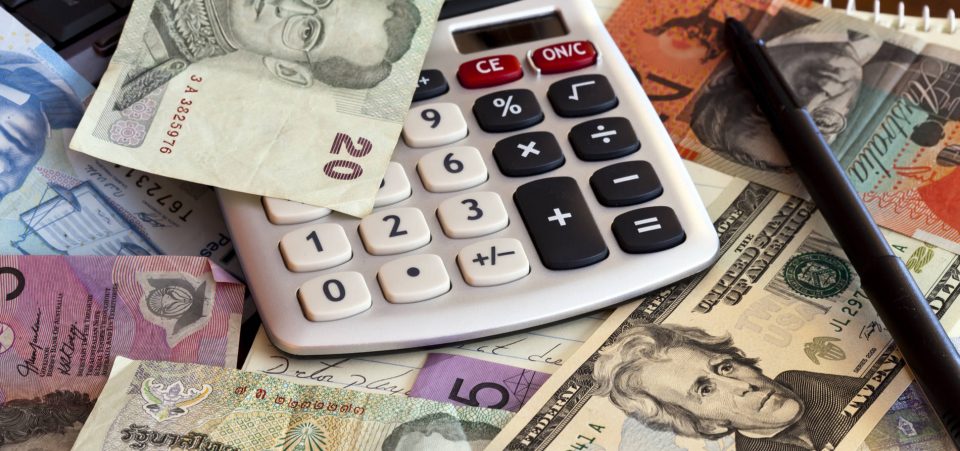Weakness Spreads Like Contagion
After some weak earnings and economic data from the U.S., particularly in relation to the technology space, Asian shares moved lower on Wednesday.
The only exception was the Nikkei Stock Average in Japan, which ended up at 0.2% after losses earlier in the trading session. (Source: “Asian Shares Broadly Down, Tracking U.S. Weakness,” The Wall Street Journal, October 26, 2016.)
But other than that single bright spot, the rest of the map was marked red. Korea’s Kospi declined 1.1%, while New Zealand’s NZX 50 fell by 1.5%. Hong Kong’s Hang Seng Index was one percent lower at the time of writing and the Shanghai Composite Index was down 0.5%.
Australia’s S&P/ASX200 finished the day 1.5% below where it started, despite stronger-than-expected inflation lifting their currency. Prices had moved up 0.7% from the previous month and 1.3% year over year, leading a spike in the relative value of the Australian dollar. It appreciated 0.6% against the U.S. dollar after investors absorbed the news.
Banking stocks in Australia were especially hard hit: the Commonwealth Bank of Australia dropped 1.4%, Westpac Banking one percent, Australia and New Zealand Banking Group 0.9%, and National Australia Bank 1.2%. When combined, these banks comprise one-third of the banking index.
While these specific declines can be attributed to the local inflation numbers, analysts believe that earnings from U.S. companies are largely responsible for the broader setbacks.
The quarterly performances from companies like Under Armour Inc (NYSE:UA) and Whirlpool Corporation (NYSE:WHR) were less than investors had hoped for. As a result, the Nasdaq suffered a 0.5% hit on Tuesday and 0.63% on Wednesday. It started the long string of dominoes which led to the losses in Asian markets.
Apple Inc (NASDAQ:AAPL) also disappointed the market by showing a third straight quarter of shrinking earnings. Revenue came in nine percent lower than below the same period last year, which led to a 2.5% drop in Apple’s share price. Since Apple is the largest company on the planet, it’s drop had an outsize impact on the Nasdaq.






